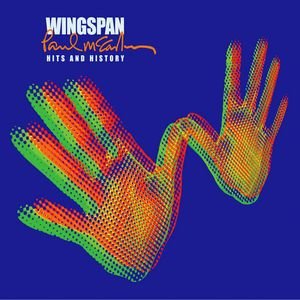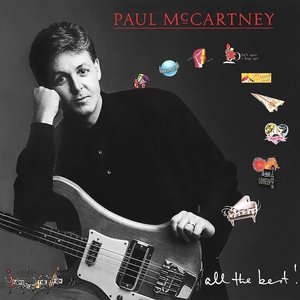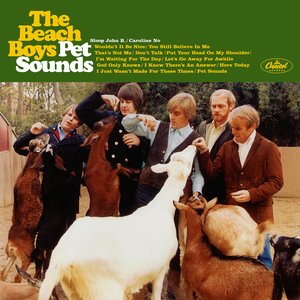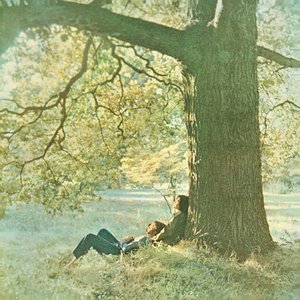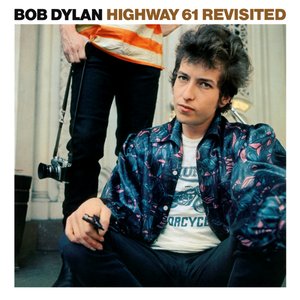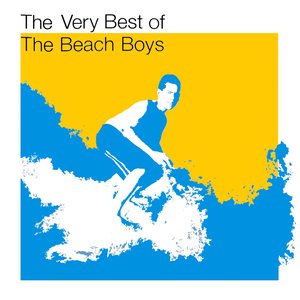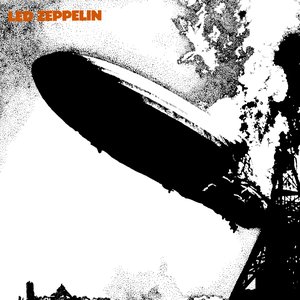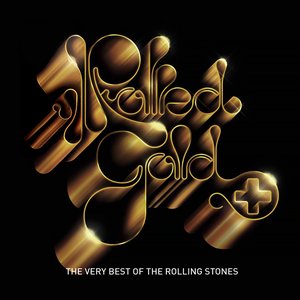Wiki
-
Length
4:24
"Don't Let Me Down" is a song written by John Lennon (credited to Lennon/McCartney) and recorded by The Beatles in 1969 for the Get Back project.
The band recorded the song with keyboardist Billy Preston; the single release with "Get Back" was credited to "the Beatles with Billy Preston". Originally released as a B-side, producer Phil Spector excluded the song from Let It Be. However, it was eventually included on an alternate mix of the album, Let It Be... Naked.
Composition
Written by John Lennon as an anguished love song to Yoko Ono, it was interpreted by Paul McCartney as a "genuine plea", with Lennon saying to Ono, "I'm really stepping out of line on this one. I'm really just letting my vulnerability be seen, so you must not let me down."
The song is in the key of E major and is in 4/4 time during the verse, chorus and bridge, but changes to 5/4 in the pick-up to the verse.It grew (like "Sun King") from the F♯m7–E changes from Fleetwood Mac's "Albatross" with McCartney arranging instrumental and vocal parts and George Harrison adding a descending two-part lead guitar accompaniment to the verse and a countermelody in the bridge. Alan W. Pollack states that "the counterpoint melody played in octaves during the Alternate Verse by the bass and lead guitars is one of the more novel, unusual instrumental touches you'll find anywhere in the Beatles catalogue."
Recording
Multiple versions of "Don't Let Me Down" were recorded by the Beatles during the Get Back (Let It Be) recording sessions. The version recorded on 28 January 1969, with vocal overdubs in late February, was released as a B-side to the single "Get Back", recorded the same day. The Beatles performed "Don't Let Me Down" twice during their rooftop concert of 30 January 1969, and the first performance was included in the Let It Be (1970) film, directed by Michael Lindsay-Hogg.
Track descriptions on Last.fm are editable by everyone. Feel free to contribute!
All user-contributed text on this page is available under the Creative Commons Attribution-ShareAlike License; additional terms may apply.

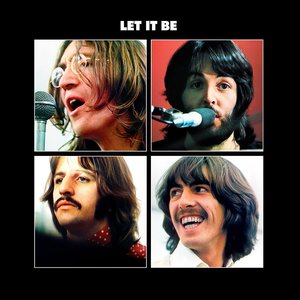
![All Things Must Pass (50th Anniversary) [Super Deluxe]](https://lastfm.freetls.fastly.net/i/u/300x300/ad6f36412e2e164f5e6c93287870d05c.jpg)
